Nontraditional Families
- jessicaaqian
- Oct 10, 2024
- 4 min read
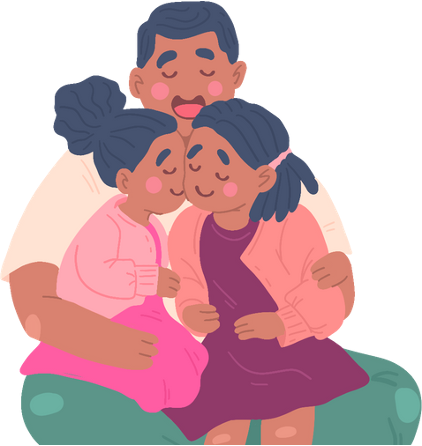
After Vogue Singapore was penalised for featuring nudity and promoting non-traditional families in 2022, this sparked an online debate about whether Singapore was too rigid about its definition of traditional family structures -essentially, the nuclear family.
In Singapore, the proportion of nuclear families has fallen from 56% in 2000 to 49% in 2014, and the number of one-person households are expected to rise significantly. Not limited to these changes in family structures, there are other different kinds of family structures which will contribute to the rise of non-traditional family structures.
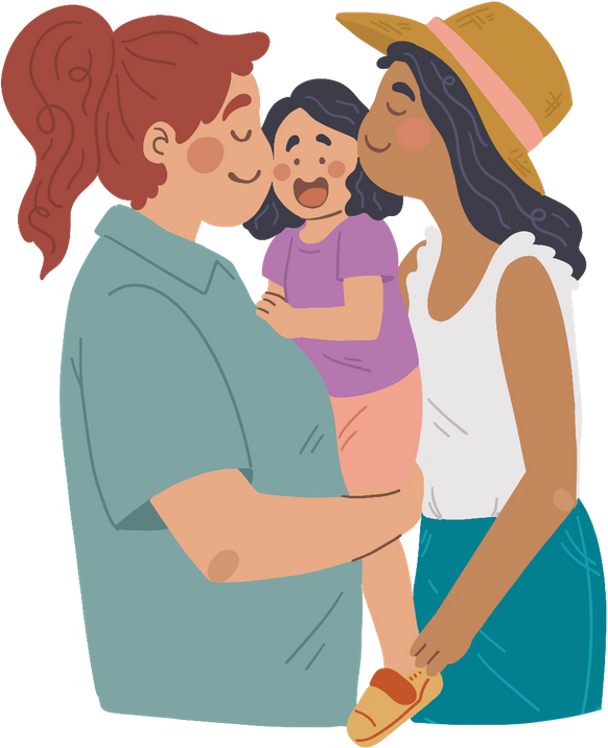
It is important to be aware and sensitive of such families so that society can be more inclusive and compassionate towards them.
Some types of non-traditional families includes same sex families, adoptive families, racially diverse families, single parent families, unmarried parent families, and legal guardianship.
Although the Singapore government currently does not recognise any form of same-sex relationships, it is important to accord such families an equal level of respect as heterosexual family units so that they can feel like a part of the community. In 2019, there was a ruling by the High Court to award adoption to a man in a same-sex relationship. The child, biologically his, was born through an overseas surrogacy. In parliament, the Ministry of Social and Family Development (MSF) observed in particular that there was concern that this case would set a precedent for homosexual couples to adopt children legally and therefore normalise same-sex parent families in Singapore.
LGBT activists, however, viewed it as an improvement to recognising and legalising same-sex relationships (MSF, 2019). The MSF further stated that “LGBT persons have a place in Singapore society, and are entitled to their own private lives.” Despite this, the MSF went on further to reiterate that the social norm of a man and a woman marrying would still be the prevailing one, and that the MSF and the High Court did not support the creation of a family unit via same-sex relationships, only ruling for the adoption based on the child’s welfare and other factors.
Both the applicant in the adoption and his partner spoke about the struggles they faced about wishing to raise their own children in Singapore via media interviews. This incident reveals the difficulties that same-sex families face in Singapore as they are not able to approach Assisted Reproduction institutions to conceive children, to the extent that some need to resort to overseas surrogacy, costing them much more money.
Although society is gaining in acceptance of the LGBTQ+ community, many hurdles still remain before they are given the same rights as heterosexual couples. This makes it difficult to help same-sex families, whether with financial aid for housing, the absence of paternity leaves for gay people, and other areas. Same-sex marriage and same sex families remain a controversial issue in Singapore. In the mean time, we can learn to practise compassion and acceptance towards such families and refrain from dishing out our judgement on to people who may not fit into what we deem as a normal worldview.
The Number Of Adoptive Families Is Increasing In Singapore

In 2018, the number of adoptions became the highestin almost a decade, at 432 adoptions. The increase in the number of adoptive families means that Singapore should widen its perspective of what constitutes a family, and be more accepting of families that do not appear like families at first glance. Adoptive families often face hardships in bonding with the adopted child(ren) and integrating them into the family as some children may have experienced disruptions to the attachment process in their childhood, delaying them when they try to develop secure relationships with their new family.
Adoptive families also face a host of otherproblems unique to their child(ren) that will taketime to overcome. Therefore, adoptive families will benefit from the emotional support and reassurance of the people around them, whether they be family members or people living in the same neighbourhood.
Over time, adoptive families are capable of giving their child(ren) the same love and support that non-adoptive families shower on their own children.
Some families are made up of people of different races. As Singapore is a multiracial country, it is getting increasingly common to see such families. The proportion of inter-ethnic marriages has increased from 16% in 2007 to 23% of all marriages in 2019 (Department of Statistics, 2019).

Yet, acts of racism continue to plague interracial couples.
One incident that occurred some time last year comes to mind. A viral video of a staff member from Ngee Ann Polytechnic(NP) saying racist statements against an interracial couple brought to bear the question of whether Singapore was really a racially harmonious country.
Home Affairs and Law Minister K Shanmugan lamented onFacebook regarding the incident that he was “not so sure anymore” if “Singapore was moving in the right direction on racial tolerance and harmony”. It is saddening to see that interracial couples and families in Singapore are still the target of racist remarks.
Something worthy of note is that - according to Associate Professor Leong Chan-Hoong from the Centre for Applied Research at Singapore University of Social Sciences - class entitlement, elitism, and income inequality has risen dramatically in the last twenty years, and have contributed to increasingly uncomfortable sentiments where people “feel that their heritage, identity, cultural security, and dominance are being eroded”.
Even though the economic climate is unstable and the COVID-19 pandemic has possibly exacerbated such tensions, it is still more important to promote inclusivity and harmony in a high-strung and fast-paced society. This creates a safe space for everyone regardless of their race and type of family. Racially diverse families are still families, after all, with each their own perks and idiosyncrasies, and this makes them every bit as human as racially homogenous families.
Single Parent Families Are Families With Only One Parent
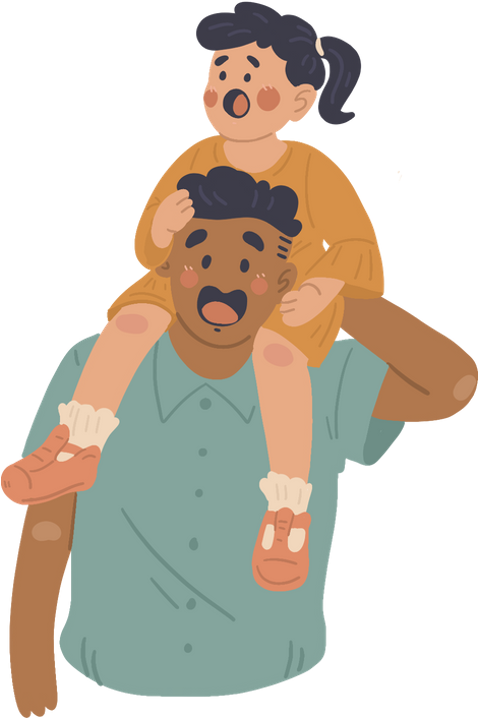
Such families are increasing in number possibly due to a rising divorce rate; the number of marital dissolutions, which is the number of annulments and divorces, have risen from 5,137 in 2000 to 7,525 in 2013, an increase of more than 46 per cent. In response to a question during parliament about what the government is doing to support and combat stigma against single mothers, the MSF acknowledged the challenges single mothers faced, and will give subsidies in areas like education and healthcare on top of existing sources of financial help like the Child Development Account benefits being extended to these families back in 2016.
While the government is aware of the obstacles to parenting that single mothers face, I believe more can be done to help single fathers supporting their children as well, and the type of aid given can go beyond financial support for both single mothers and single fathers. While some single parent families have an extended support system made of friends and relatives, some may still be isolated from society due to their dual responsibilities of work and parenting. As a society, we can play a part by caring for our neighbours and connecting people who require assistance with social workers.
Some Couples in Singapore Choose To Stay Unmarried but Live Together to Raise Their Families.
Unmarried parent families can face discrimination due to ingrained social attitudes, as shown in a MSF 2019 survey of Singaporeans’ social attitudes where 60 per cent of respondents felt that parenthood out of wedlock is unacceptable. Fortunately, Minister of State for Social and Family Development Sun Xueling acknowledges that single and unwed parents are not in that situation by choice, and should not be neglected, a stance which I very much agree with.
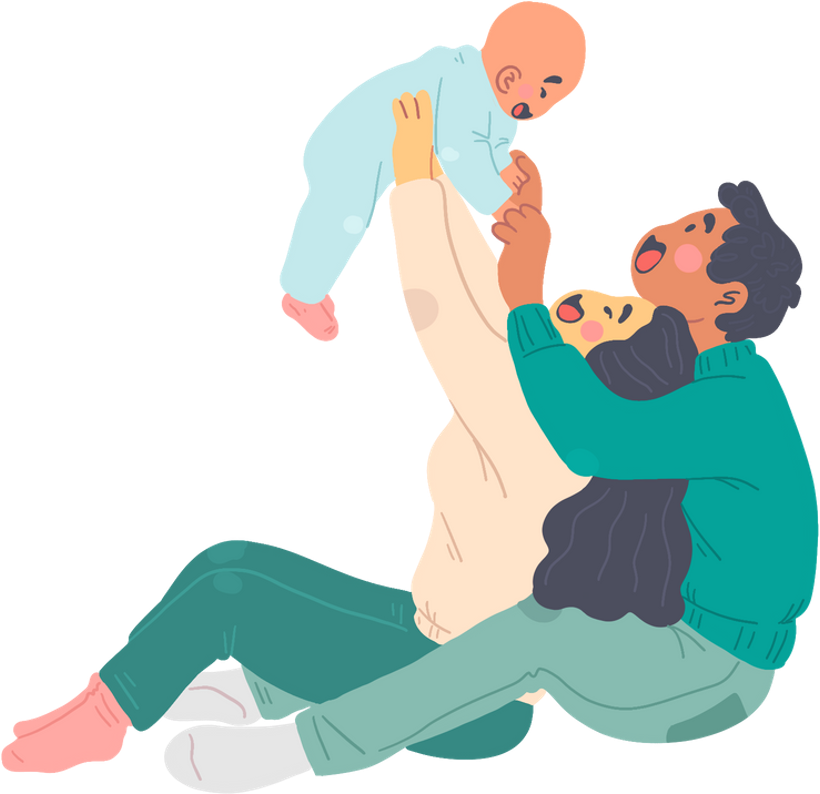
Lastly, legal guardianship, which grants a person legal responsibility to care for a child below 21 years of age in Singapore, occurs when a child’s parents are unable to care for the child due to various reasons such as death, abuse or neglect investigations, or financial hardship. Such families can face similar challenges to parenting as single and unmarried parent families as all of them need to balance the duties of childrearing and earning a living. The same benefit of doubt and kindness should be extended to them, whenever possible, to help them to bring up their children in the best possible manner.
In conclusion, all families, regardless of whether they are traditional or non-traditional in family structure, deserve an equal amount of respect and kindness. In conclusion, all families, regardless of whether they are traditional or non-traditional in family structure, deserve an equal amount of respect and kindness. After all, families are fundamentally created and sustained because of the love and commitment between two individuals. So, the next time discussions about non-traditional families crop up on the Internet, think about what has been brought up in this article!
Avenue of Support for Single Families
What is A Single Parent Family?
A single parent family comprises a parent or caregiver and one or more dependent children without the presence of an adult partner who shares the duty of parenting (Lindwallet al.,2011).
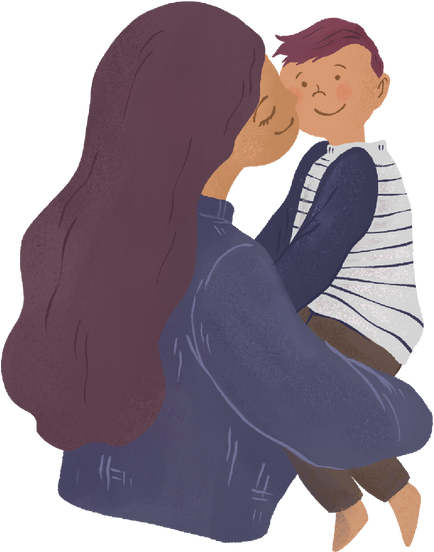
Single parent families may occur under different circumstances, for instance:
When parents goes through a divorce
When one parent has passed away
Childbirth by a single parent
Single-person adoption
Finding Support as a Single Parent
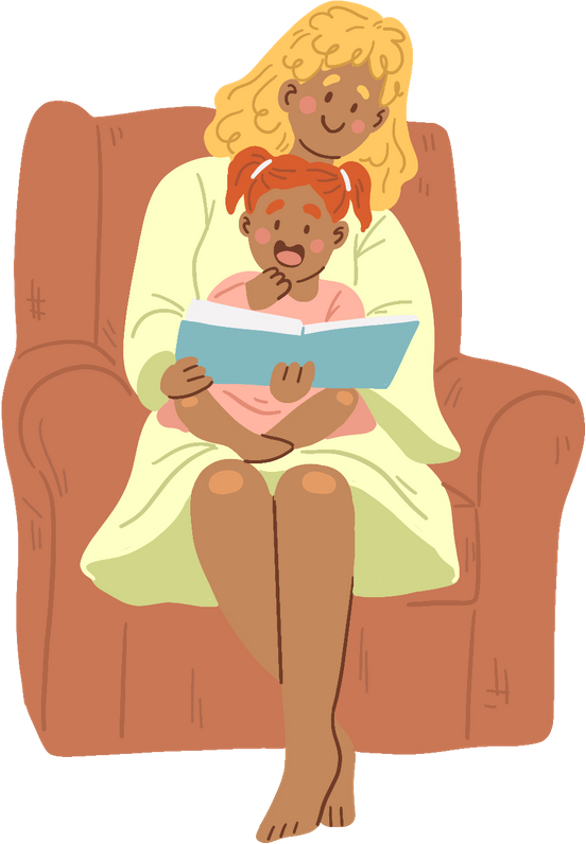
Raising children as a single parent often comes with many challenges. To begin with, parenthood often brings about many life changes
Depending on the circumstances, some additional factors that may make single parenthood challenging are the lack of support (including financial, practical, and emotional support) from a partner and going through a divorce or the loss of a relationship.
Many single parent families also report experiencing prejudice and social stigma. As such, finding support where needed for both single parents and children from single parent families is crucial.
Organisations that Support Single Parent Families
There are several organisations in Singapore that hope to support and empower members of single parent families. The following are some resources for single parent families:
#asinglelove An initiative by AWARE, KineticSingapore, and Daughters of Tomorrow which offers several services, including employment bridging, befriending and mentoring, counselling, support groups, and a legal clinic.
HELP Family Service Centre They provides help for divorcing and divorced parents and their families through various services and programmes.
Dads for Life & Mums for Life 2 initiatives of Centre for Fathering, in partnership with volunteers, which aim to empower fathers and mothers to be role models to their children.
Avenues of Support for Parents Who Have Lost Their Children
What is Grief, and Why Is Seeking Support Important?
Losing a child

“No parent should have to bury their child”
This quote by Stephen Adly Guirgis may unfortunately resonate with parents who have lost their child.
When a child loses their parents, they are called an orphan. Yet, there is no term in the English language that describes the other way round; “vilomah”, a term in Sanskrit, meaning “against the natural order”, wholly captures the true suffering parents go through when faced with child loss.
Grief & Counselling

Grief is an emotional response to the loss of a loved one, and those who experience it often go through stages of shock, denial, frustration, and depression. These feelings can be overwhelming, and insufficient resources for coping can leave a detrimental impact on the individual's life. Hence, seeking help for grief is crucial in helping an individual move forward.
On top of grieving for their bereaved child, parents may also have to help their other children through the processes grief and loss of their sibling; this can cause additional stress. Loss of a loved one is hard for an adult, what more a child who may not be capable of expressing their emotions?
RaisingChildren, an Australian parenting website, is a good source of information on how to go about sibling death with the child. It provides examples on how to explain death to children, and signs to lookout for when the child is not coping well with their sibling’s death.
Relevant Organisations to Contact
Child Bereavement Support Singapore
Child Bereavement Support Singapore is a support group of bereaved parents who will offer support to parents who have experienced child loss. They carry out online meetings on Zoom for support. Their website also has information on one’s healing journey, and considers aspects of coping mechanisms, self-care, changes to a marriage, and counselling services.
Website: https://www.cbss.sg/ Email: help@cbss.sg
Whispering Hope
Whispering Hope is a consultancy in Singapore advocating for people to not only respond to loss, but to recover and thrive in mental resilience. They implement the “Grief Recovery Method”, which is an evidence-based program that will help one understand loss, identify effective coping mechanisms, process the loss, and have a safe space with an empathetic facilitator.
Contact: https://whisperinghope.sg/contact/
Grief Matters
Grief Matters offers services such as grief counselling, psychosocial and spiritual support, as well as practical and financial advice concerning funeral arrangements and estate planning
Helpline: 8181 0448 Email: griefmatters@montfortcare.org.sg




